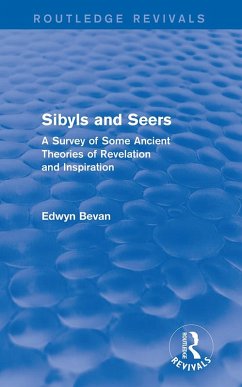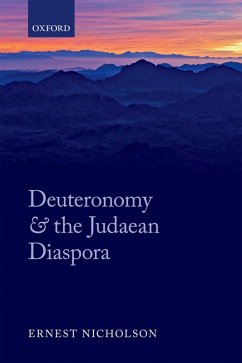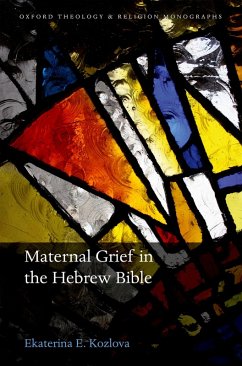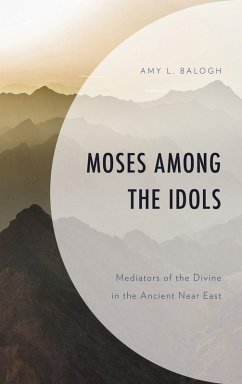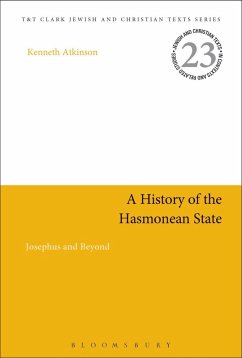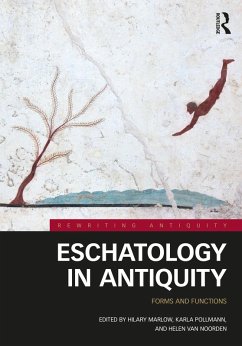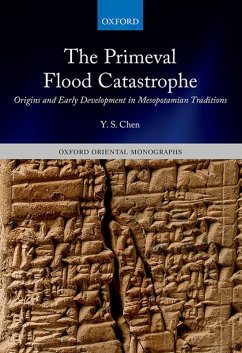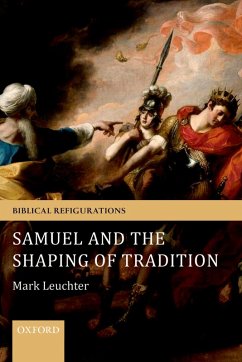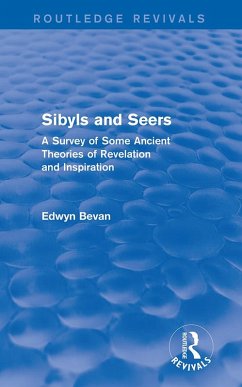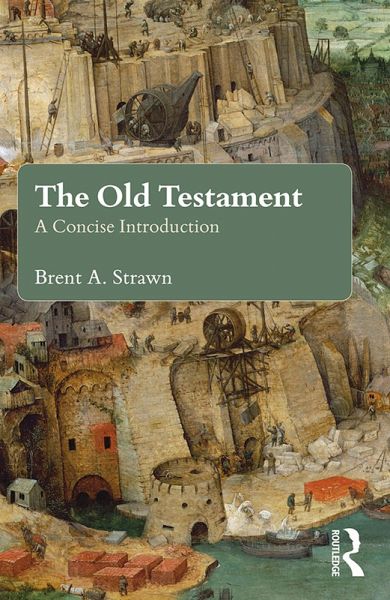
The Old Testament (eBook, PDF)
A Concise Introduction
Versandkostenfrei!
Sofort per Download lieferbar
19,95 €
inkl. MwSt.
Weitere Ausgaben:

PAYBACK Punkte
10 °P sammeln!
This concise volume introduces readers to the three main sections of the Hebrew Bible (Tanakh) and to the biblical books found in each. It is organized around two primary "stories": the story that scholars tell about the Old Testament and the story the literature itself tells. Concluding with a reconsideration of the Old Testament as more like poetry than a story, three main chapters cover: The Pentateuch (Torah) The Prophets (Nevi¿im) The Writings (Ketuvim) With key summaries of what the parts of the Old Testament "are all about," and including suggestions for further reading, this volume is...
This concise volume introduces readers to the three main sections of the Hebrew Bible (Tanakh) and to the biblical books found in each. It is organized around two primary "stories": the story that scholars tell about the Old Testament and the story the literature itself tells. Concluding with a reconsideration of the Old Testament as more like poetry than a story, three main chapters cover:
With key summaries of what the parts of the Old Testament "are all about," and including suggestions for further reading, this volume is an ideal introduction for students of and newcomers to the Old Testament.
- The Pentateuch (Torah)
- The Prophets (Nevi¿im)
- The Writings (Ketuvim)
With key summaries of what the parts of the Old Testament "are all about," and including suggestions for further reading, this volume is an ideal introduction for students of and newcomers to the Old Testament.
Dieser Download kann aus rechtlichen Gründen nur mit Rechnungsadresse in A, B, BG, CY, CZ, D, DK, EW, E, FIN, F, GR, HR, H, IRL, I, LT, L, LR, M, NL, PL, P, R, S, SLO, SK ausgeliefert werden.





